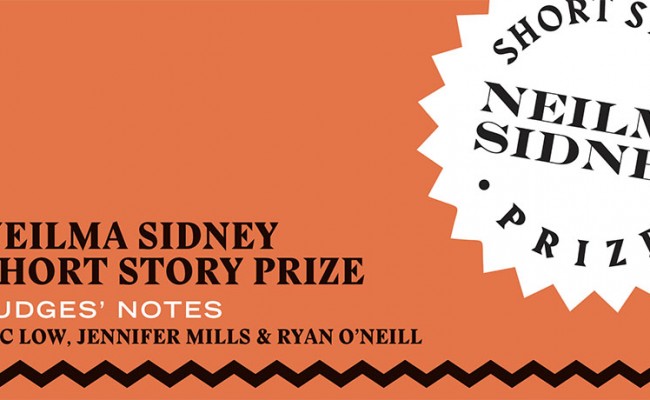We were pleased to see a broad range of entries in the 2018 Neilma Sidney Short Story Prize, stories diverse in form and voice, and creative in their approach to the theme of travel. We noticed that some writers struggled to think beyond cliché and others struggled to balance experimentation with engaging the reader. In general, though, the quality of entries was very high, and we enjoyed seeing some humour and formal experimentation in the mix. Travel is a rich subject, filled with human drama; we are excited to share this year’s winner and runners-up with Overland readers.
First place:
‘Unspooling’ – Laura Elvery
A clear and unanimous winner, ‘Unspooling’ is an emotionally powerful and intimate portrait of a relationship affected by migration law. It’s rare to see the second person imperative used in a short story, and rarer still to see it done so well. In a strong shortlist, ‘Unspooling’ stood out immediately for this confidence of voice, for the beauty and poise of its writing, and for the unique angle it takes on what it means to travel.
Runner-up:
‘Hot days’ – Joey Bui
This compelling story of a young woman’s life in Vietnam manages to make her whole world real in such a short space of time. A good short story needs to manage so many elements at once: plot, character, setting, structure and language. It’s a pleasure to see all these parts working together so seamlessly in ‘Hot days’; the writer’s careful attention to detail makes this a very rewarding read. Readers are left with a strong sense not just of Linh’s world, but of her inner life too.
Runner-up:
‘Psychosexual thriller’ – Ursula Robinson-Shaw
This story combines an unusual feel for language with stunning insights into character and the sometimes toxic, sometimes tender dynamics between a group of young friends and lovers travelling. At times uncomfortable, and packed with interpersonal drama, this is a story that sees human behaviour and is unafraid to describe it, making impressive leaps between bleakness and comedy.
Read the rest of Overland 230
If you enjoyed this piece, buy the issue




